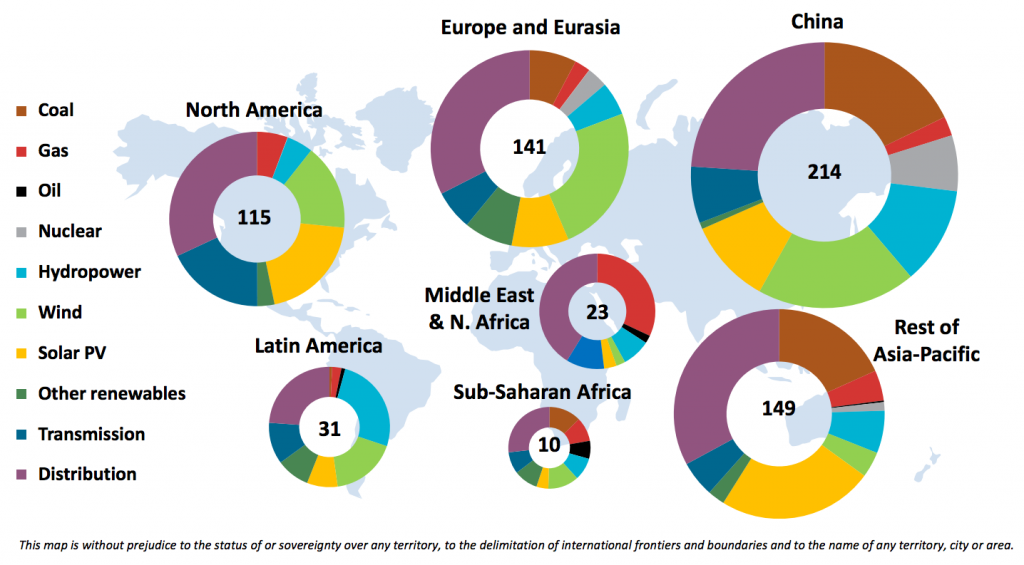
There is, moreover, evidence of a new generation of ABIs that has begun to emerge recently. However, it is possible to construct a convincing rationale for these initiatives by understanding the social ecologies that shape children’s outcomes, and by formulating holistic interventions aimed at reducing the risks in those ecologies and enhancing children’s resilience in the face of those risks. This has led some critics to conclude that there is a fundamental contradiction in their use of purely local interventions to tackle problems that originate outside ABIs’ target areas, in macro-level social and economic processes. The evaluation evidence suggests that these initiatives have so far met with limited success at best. The more ambitious initiatives, however, seek to develop multistrand interventions to tackle both the educational and the social and economic problems of areas simultaneously. Some ABIs are limited to funding schools more generously in disadvantaged areas or giving them additional support and flexibilities. This has led policy-makers and practitioners in many administrations to favor area-based initiatives (ABIs), which target such places, as one set of responses to social and educational disadvantage. Moreover, socio-economic disadvantage and educational failure in these countries tend to be concentrated in particular places, such as the poor neighborhoods of large cities or of post-industrial towns.

Even in otherwise affluent countries, children and young people from poor and marginalized families tend to do badly in education, and their lack of educational success makes it more likely that they will remain in poverty as adults. Nonmonetary values are marginalized and, with them, the nonmonetary ethos that is essential in sustaining a healthy democratic society.Ĭountries across the world struggle to break the relationship between socio-economic disadvantage and educational outcomes. It dislocates education by commodifying its intrinsic value and emphasizing directly transferable skills and competencies.

Neoliberalism affects the telos of higher education by redefining the very meaning of higher education. The overall argument put forward is that the requirements, particularly the managerial and labor force needs of a new economy-already developing within the parameters of globalization and the impact of information and communication technologies (ICTs)-cannot be adequately satisfied under the approaches and methods used by a traditional university. Neoliberalism-the prevailing model of capitalist thinking based on the Washington Consensus-has conveyed the idea that a new educational and university model must emerge in order to meet the demands of a global productive system that is radically different from that of just a few decades ago.


 0 kommentar(er)
0 kommentar(er)
